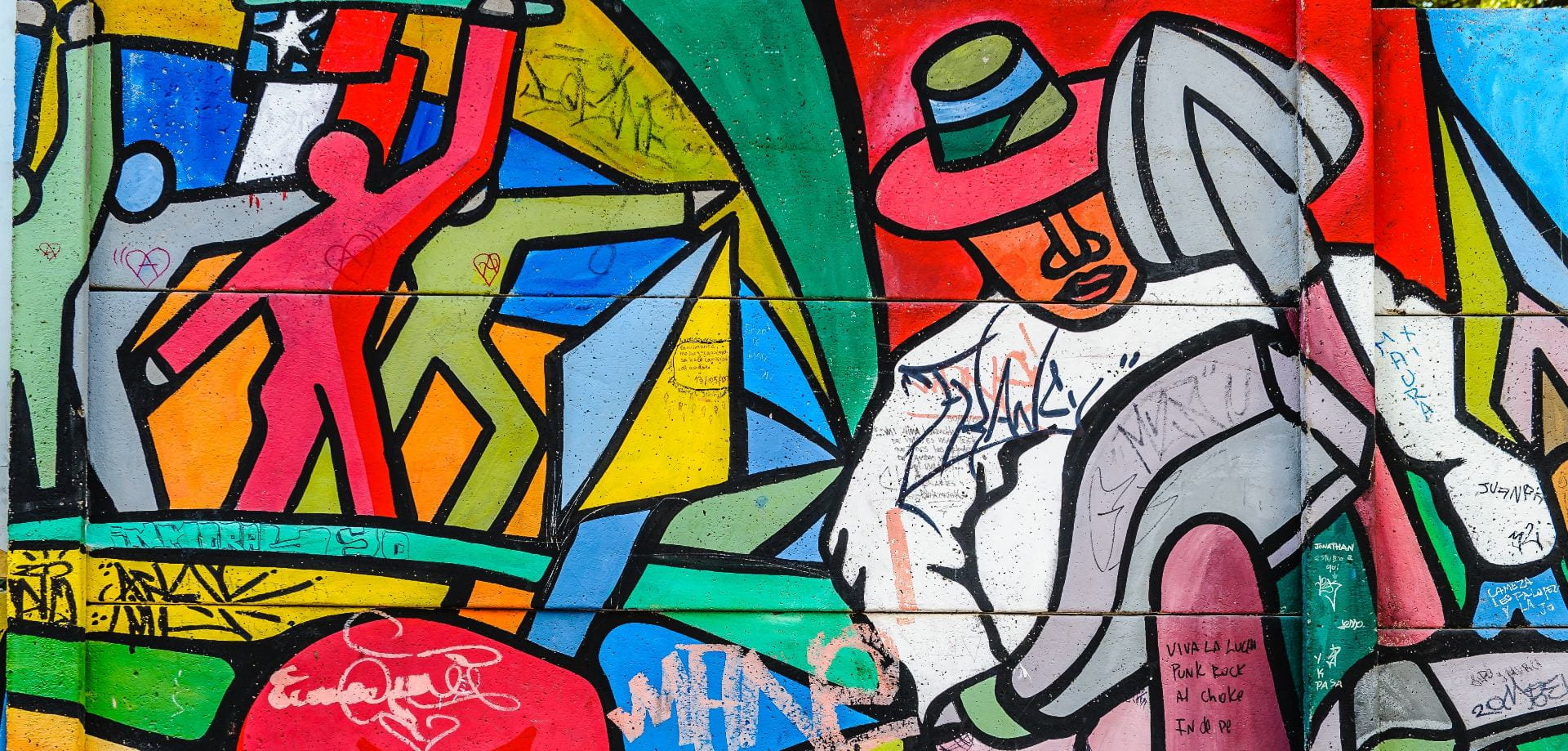The compounding crises of climate change and the COVID-19 pandemic have dramatically intensified the ongoing redefinition of facts and truth claims. Associated with rising religious fundamentalism and new forms of populism, this reconfiguration has been crucially fueled by the acceleration of information technologies. If during the 20th century facts were predicated upon claims to objectivity and verifiable experience, in the 21st facts are up for grabs as manufactured doubt and distrust of expertise saturate the public sphere. This, we argue, is not temporary but a new global condition. If we are to understand the future of facts, we need to expand studies of disinformation with interdisciplinary approaches that examine what is the nature of facts in a global context. This implies developing new concepts that go beyond dominant truth/falsehood, fact/fiction dichotomies.
The Future of Facts in Latin America Working Group focused on these questions during the project period of 2021-24. Through a series of workshops, online and scholarly publications, and pedagogical resources we aimed to develop new ways of thinking about facts and truth claims. We worked to go beyond dominant vocabularies to propose conceptual, ethnographic, and historical insights that help us grapple with the new social lives of facts.
Key outcomes of this working group have included: (1) The publication of a thematic cluster in the journal Tapuya: Latin American Science, Technology and Society. Read full-length articles by members of the working group as well as an Introduction essay by the project PIs. (2) The publication of a blog series on Cultural Anthropology‘s Theorizing the Contemporary. These blog posts explore the themes from the Tapuya articles in a short, more public-facing format that is also great for teaching. See more on our Publications page.
